Jimmy Buchan became a household name in the mid-2000s as one of the stars of Trawlermen, the hard-hitting BBC documentary that offered a rare glimpse into life aboard the North Sea’s fishing fleet.
As viewers watched him battle fierce storms in search of the perfect catch, Jimmy became, for many, the face of Scottish fishing – much loved for his grit and good humour.
But long before the cameras rolled, and long after they stopped, Jimmy was a mainstay of Peterhead: the skipper of his own trawler, a familiar figure in Europe’s largest whitefish port, and a lifelong advocate of the industry he entered at just 14 years old.
Today, at 64, he’s still immersed in the trade – though no longer at sea.
Jimmy now runs Amity Fish Company, a quayside business supplying premium Scottish seafood to customers across the UK and internationally.
It’s a different kind of challenge, he admits, but for a man who spent his life chasing the next catch, the competitive instinct remains sharp.
“My body clock still wakes me up at 5.30am every day,” he says. “When you were fishing, you had to get your nets in the water, the hunt was on.
“But now it’s a slightly different time, the hunt is the customer – and persuading them your fish is better than everyone else’s.
“Every day is a new day. You just don’t know what’s going to happen, so you’ve got to be on your game and ready, poised.”
Casting creels in Buchanhaven
Born and raised in the tight-knit coastal village of Buchanhaven, some of Jimmy’s fondest early memories are of casting creels with his father.
“I always had that hunter instinct,” he recalls. “That you can throw a creel and get a crab or a lobster; that progressed to getting out with the inshore fleet and going to haul hundreds of creels.”
By 16, he’d left school and stepped aboard full time, a young lad plunged into the harsh world of offshore fishing.
Walk the plank or join the crew
“It was a man’s world and by God was that a reality change,” he says. “Leaving mother’s apron strings to then being in a crew of eight burly men who didn’t do sympathy and who didn’t take kindly to you being seasick.
“That first big wave that hits the boat, you’d never seen anything like it in your life, the crew just laughing it off.
“You very quickly realised that the best way to get on the right side of this is work hard, put your head down, don’t speak back and integrate into that regime and become one of the crew.
“It was a bit like piracy: walk the plank or join the crew. You choose.”
By his twenties, Jimmy was skippering his own vessel, hauling langoustines, haddock and monkfish from deepwater grounds like Ooze Hole and Devil’s Hole, often in brutal conditions.
As skipper, he knows what it is to face judgement at sea, but nothing beat the thrill of hauling that perfect catch.
“Over the years you gain skills and knowledge and confidence, and you make good decisions,” he says.
“When you get that good catch, your crew think you’re a hero, but when you pull up in the morning and there’s very little there, they know they’re not going to get paid.
“You’re not so much a hero then, more of a villain. So you’ve got to win the hearts and minds of your crew back, when you do it’s very satisfying.”
Jimmy Buchan’s TV stardom
In 2005 Jimmy caught the attention of BBC producers.
They were scouting for a new show inspired by the success of The Deadliest Catch, an American series about crab fishermen, and were quickly drawn by Jimmy’s obvious passion for the industry.
He soon became the face of Trawlermen, and what he thought would be a short documentary became blockbuster television.
“I did not think I would be headlining primetime television on a national television channel,” Jimmy admits. “It was a surreal time.
“We played our part, but the real skill was in turning mundane footage into a narrative that got people hooked.”
Future of the North Sea
While Trawlermen introduced the public to the personalities behind Scotland’s fishing industry, it also showed the challenges it faced.
But Jimmy is sanguine about talk of over-fishing in the North Sea.
“I was able to fish in it for 40 years and make each year profitable,” he says. “I think we’ve got to accept at some point the fish keep turning up year after year, so we must be fishing sustainably.”
Nevertheless, the catch has changed – less cod and haddock and more squid, langoustine and monkfish – and the industry has contracted.
“Efficiency drives down the size of industry, but that is not unusual across any sector. As much as we don’t like change as humans, we’ve got to accept there’s still as much fish being landed.”
Record fish landings at Peterhead
In fact, there have been record fish landings at Peterhead in the past year, with £257 million in catches traded across the quayside up to November.
If there’s one thing that gets Jimmy on his soapbox, it’s the nation’s diet.
“It’s for the government of the day to wake up and realise that this is generational change we need,” he says. “We were a great fish-eating nation.
“We look at our European counterparts and they continue to be great seafood-eating nations whilst we in Scotland have got some serious health issues that we need to deal with.
“Our eating habit is not what it probably should be for an island nation surrounded by the richest fishing grounds in the world.”
Amity succession plan
Amity Fish Company has now grown to employ 10 people and has very much become a family affair. His daughter Jenna has joined the business full-time.
“Although I didn’t have a son in succession at sea, it very much looks like there’s a daughter in succession onshore,” he says.
“It’s exciting. Now it’s about passing on the knowledge – everything I’ve learned about fishing and the fishing industry – and learning from her about the modern business world.”
Reflecting on his journey, Jimmy offers advice to those starting out: “It’s tough, but stay focused and driven.
“I remember when people laughed at me because all I wanted to do was learn about fishing and dedicate my life to fishing.
“You can’t buy success, wisdom, or experience. They come from being focused, driven and enthusiastic.”
For Jimmy it’s all about finding joy in your work: “If you are not enjoying it, don’t do it. It’s one of those things that’s got to reward you because you’ve got to get up the next day and go out and do it all over again.”
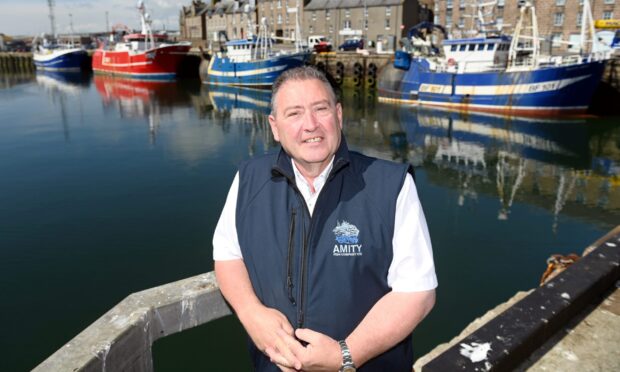
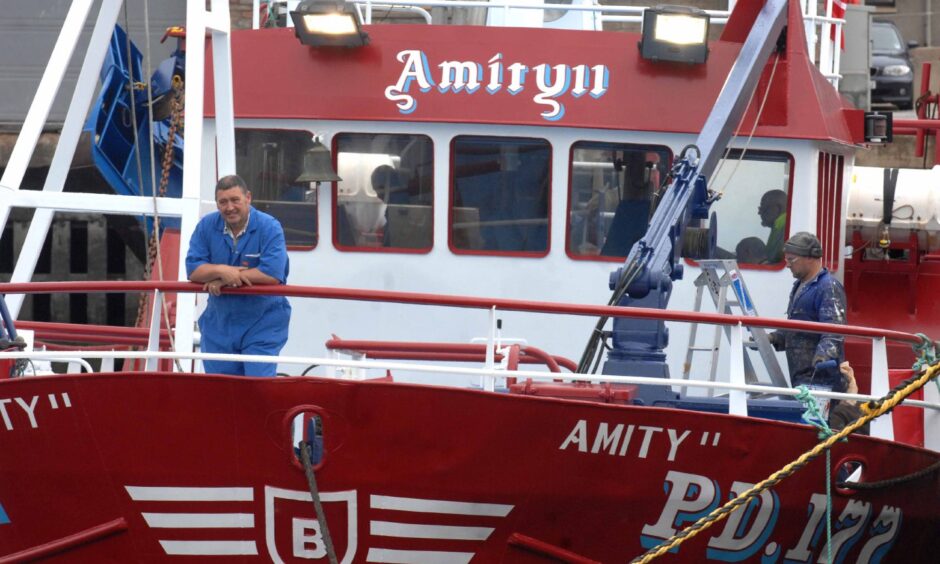
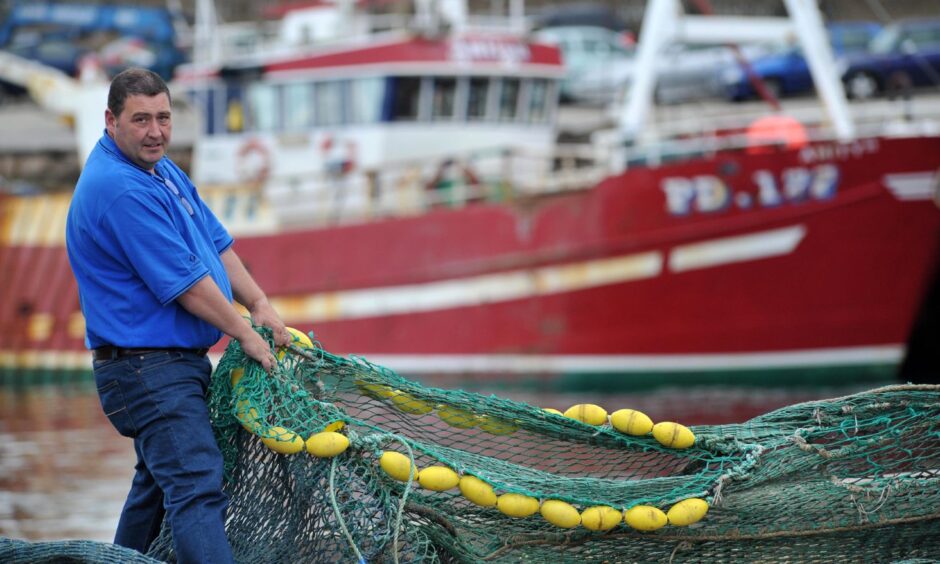
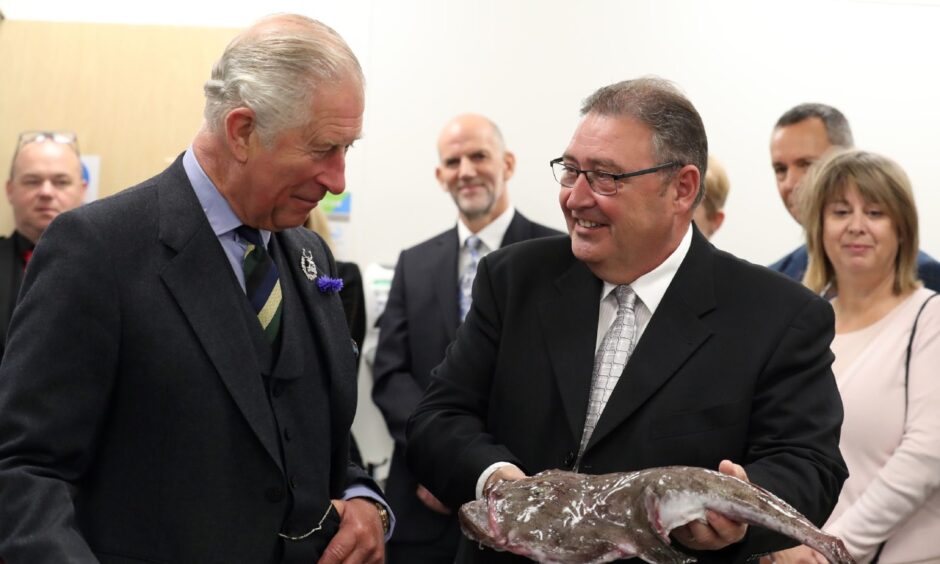
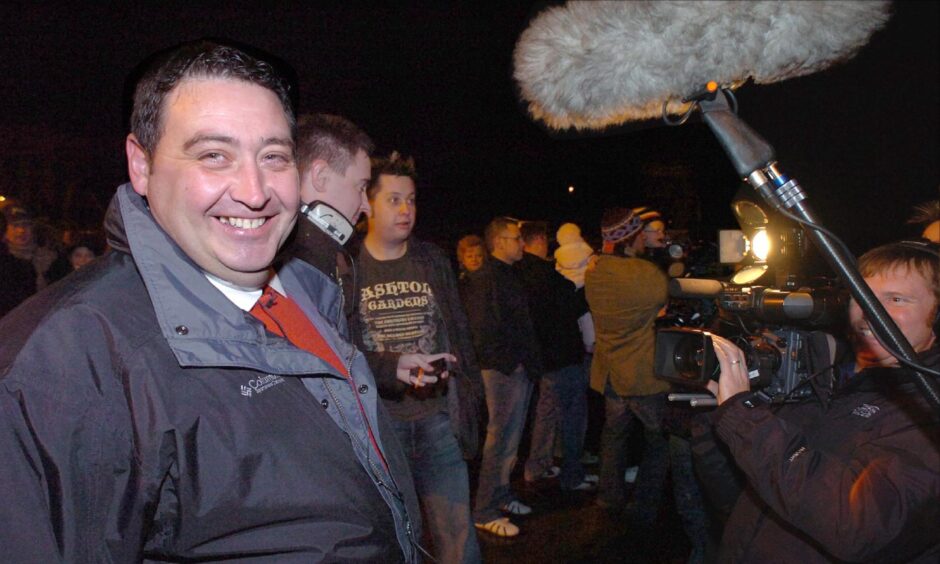
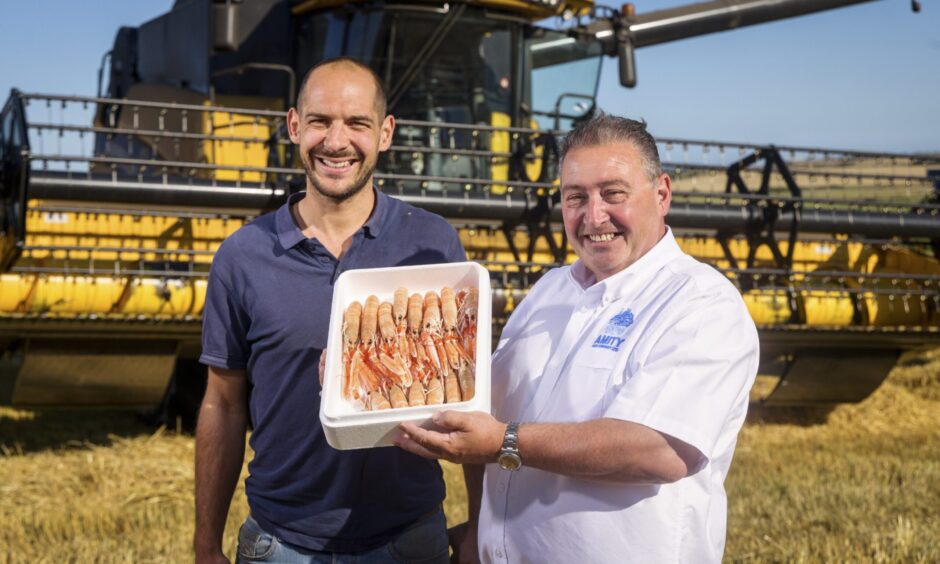
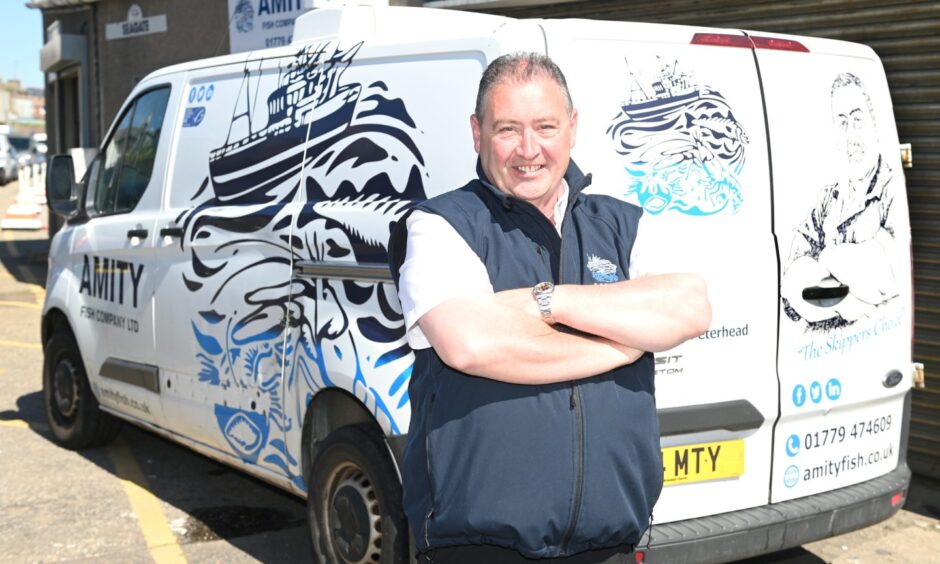
Conversation